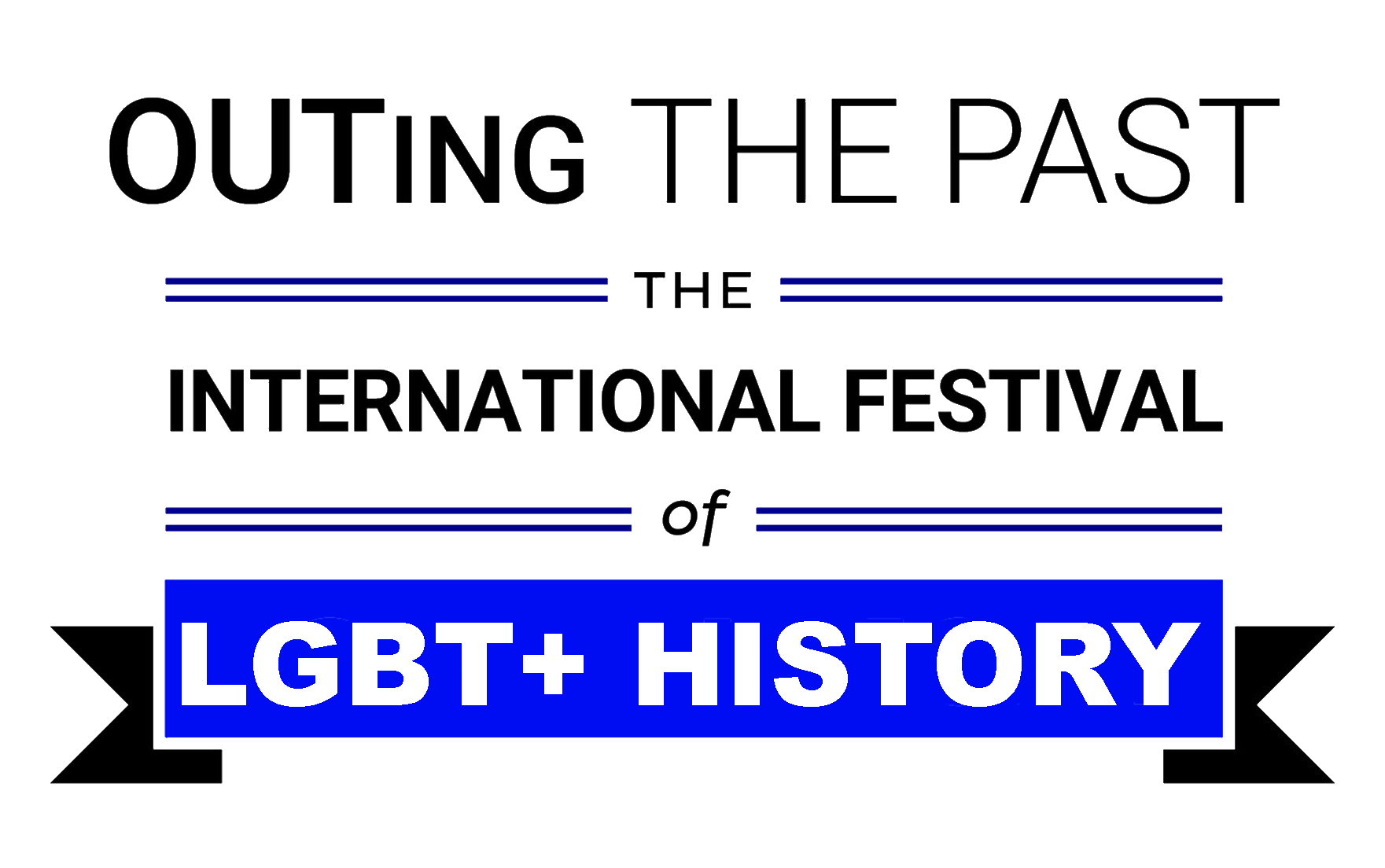Writing Festival Theare: “Burnley’s Lesbian Liberator”
Abi Hynes looks back on the process on writing “Burnley’s Lesbian Liberator”, one of two pieces of Festival Theatre for 2017 to mark the 50th anniversary of the Sexual Offences Act 2017.
JUDY HOLT AS MO AND EMILY SPOWAGE AS MARY WINTER (LEFT TO RIGHT) PHOTO: SHAY ROWAN
I was pretty daunted by the prospect of writing a play set in the recent past. Burnley in the 1970s might as well have been Tudor England to me; I wasn’t born yet, I had no memories of that decade to draw on, but I knew that a high percentage of our audience would remember it well, and have a keen eye for any mistakes.
JUDY HOLT AS VANESSA REDGRAVE. PHOTO: NICOLAS CHINARDET
In the first phase of my research – steered by my wonderful historical adviser, Paul Fairweather – I became fascinated by the story of Mary Winter. In 1978, she was fired from her job as a bus driver for wearing a ‘Lesbian Liberation’ badge, and she took on the bus company and the local press (garnering high profile support from Vanessa Redgrave and staging a demo outside Burnley Bus Station) in her campaign to be reinstated. But what could I bring to a play about this era of gender and LGBT politics, not having lived through it?
My first breakthrough came from a conversation with my brilliant director, Helen Parry. She told me the story of when, as a single working mum in the 1970s, she found that she wasn’t allowed to rent a television without a man to sign for it. It gave me an insight into the frustrating and humiliating restrictions that were still being placed on women at that time, and I began to find my feet with the script I wanted to write.
As the project developed, I realised that recent history is exciting because it’s not over yet. The next breakthrough came when, in response to the publicity we were doing for Burnley’s Lesbian Liberator, people started to come forward with more information. We hadn’t found any trace of Mary Winter or what happened to her after the demonstration failed to persuade the bus company to let her return to work with the badge still on. We believed she had left Burnley, but that was all we knew. Our new sources helped us to work out that she had later lived in several other places under a different name, and been an activist for many different causes. With this new name (having never managed to find her and get in touch myself, I won’t reveal it here), we were able to discover the letters, press clippings and poems she donated to Feminist Archive North in Leeds, and our visit there revealed enough material for a whole new play based on what she achieved in her life after Burnley.
EMILY HEYWORTH AS SUSAN AND EMILY SPOWAGE AS MARY WINTER (LEFT TO RIGHT). PHOTO: NICOLAS CHINARDET
After each performance, we met audience members eager to share their own experiences of being LGBT in Burnley, and so our stories grew. A highlight for me was when a much younger audience member commented that the Burnley Plays had made him feel proud of and connected to the place he had grown up in for the first time.
The best lesson that writing two plays for LGBT History Month has taught me is that participating in history is an active and collaborative thing. And so it should be. That’s the joy of the festival: it connects our past, our present, and our future. By telling these forgotten stories, we don’t just remember history – we make our own.



